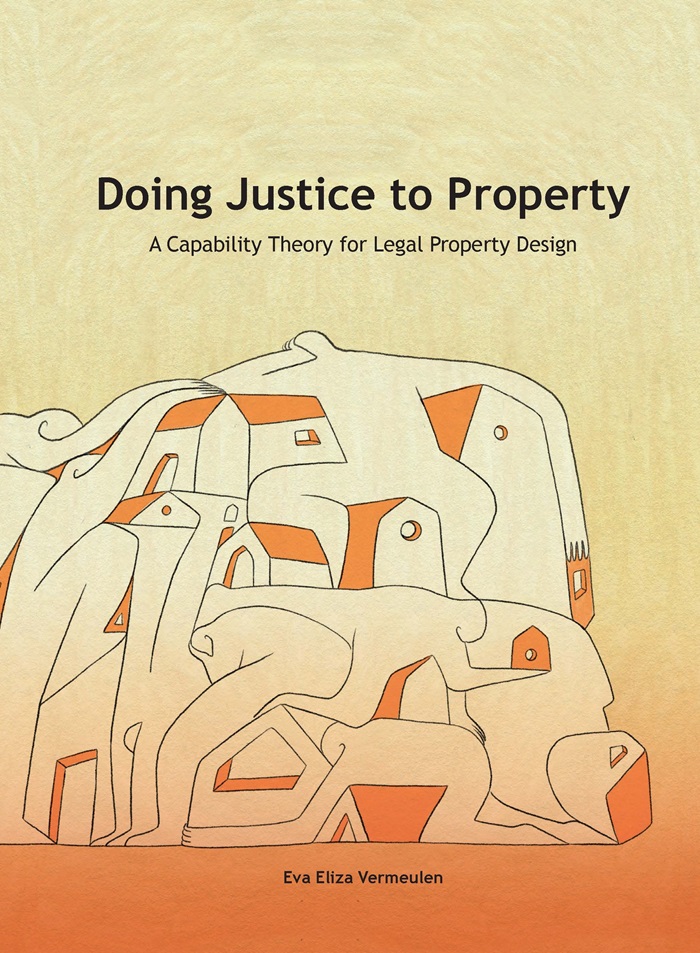
The relationship between property rights and distributive justice presents a fundamental dilemma. On the one hand, property rights enhance autonomy, freedom, and economic efficiency – values essential to a just society. On the other, they often contribute to wealth concentration and limit access to essential resources for some, thereby reinforcing inequality. As global disparities grow, it becomes increasingly urgent to reconsider the role of property in distributive arrangements – and to explore how it can both advance and obstruct justice. In her dissertation Eva Vermeulen approaches property as a legal institution: a coherent system of rules, rights, and powers that determines who has access to resources, who may control them, and under what conditions that access takes place. From this broad anddynamic conception of property, the dissertation explores how the legal design of rightsover resources can contribute to – or undermine – a just distribution of opportunities.To address the dilemma at the heart of property theory, the thesis explores three major strands: Dominium Property Theory, Economic Property Theory, and Progressive Property Theory. The latter is identified as the most promising framework for addressing the distributive challenges inherent in property. In Progressive Property Theory someauthors engage with the capability approach, developed by economist and philosopher Amartya Sen. This study builds on that foundation, but goes further by fully integrating the capability approach into its core theoretical framework. It highlights the transformative role of property in converting resources into capabilities – real opportunities for individuals to do and be certain things. In this view, property is not merely a legal mechanism for allocating goods, but a dynamic institutional structurethat shapes social, economic, and power relations. A case study of Dutch housing policies is used to illustrate how specific property incidents – such as the right to use, manage, or profit from housing – affect the basic capability to be adequately housed. It identifies key structural barriers to justice, including unaffordability, insecure tenures, and speculative practices. To overcome these barriers, the thesis proposes a three-step approach for legal property design: (1) define normative distributive goals, (2) assess the impact ofproperty incidents on capabilities, and (3) implement legal changes to property’s design. Illustrative examples – such as more gradual rent control, fiscal incentives for efficient space use, and targeted allocation rules – demonstrate how this frameworkcan guide legal redesign toward just outcomes.
The central finding of this thesis is that the perceived dilemma between property rightsand distributive justice can be resolved by recognizing their complementary roles. Property should not be seen as an obstacle to justice, but rather as a vital mechanism for achieving it. By reframing property as a tool for steering distributions, Vermeulen’s research advances legal scholarship with a framework for more just legal property design.
Vermeulen defended her dissertation on October 3th 2025 at the University of Amsterdam. Supervisors: prof. dr. Arthur Salomons and prof. dr. Rutger Claassen. Co-supervisor: dr. mr. Nik de Boer.
Eva Vermeulen
Doing Justice to Property. A Capability Theory for Legal Property Design
De dissertatie is te downloaden in de repository van de UvA.
Lay-out cover en illustratie: Cheyenne Goudswaard.
Printed by: Ipskamp Printing
ISBN 978 94 6473 900 8

